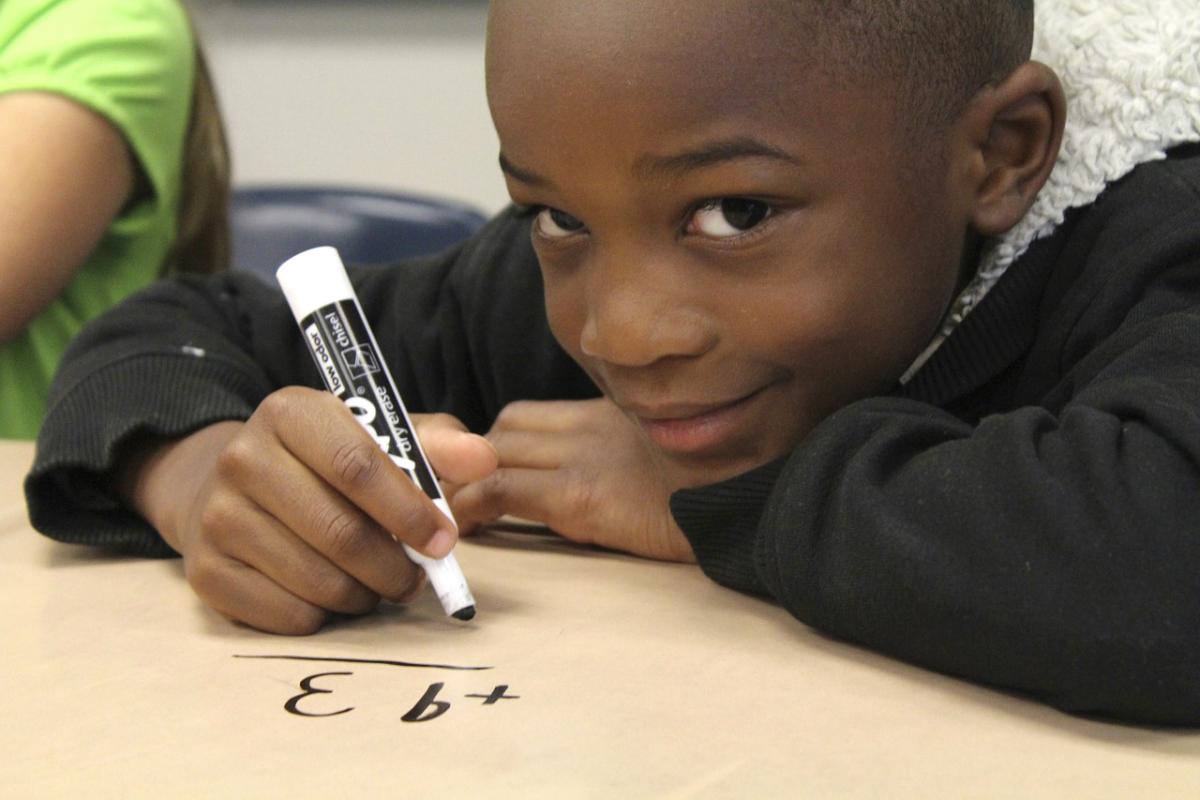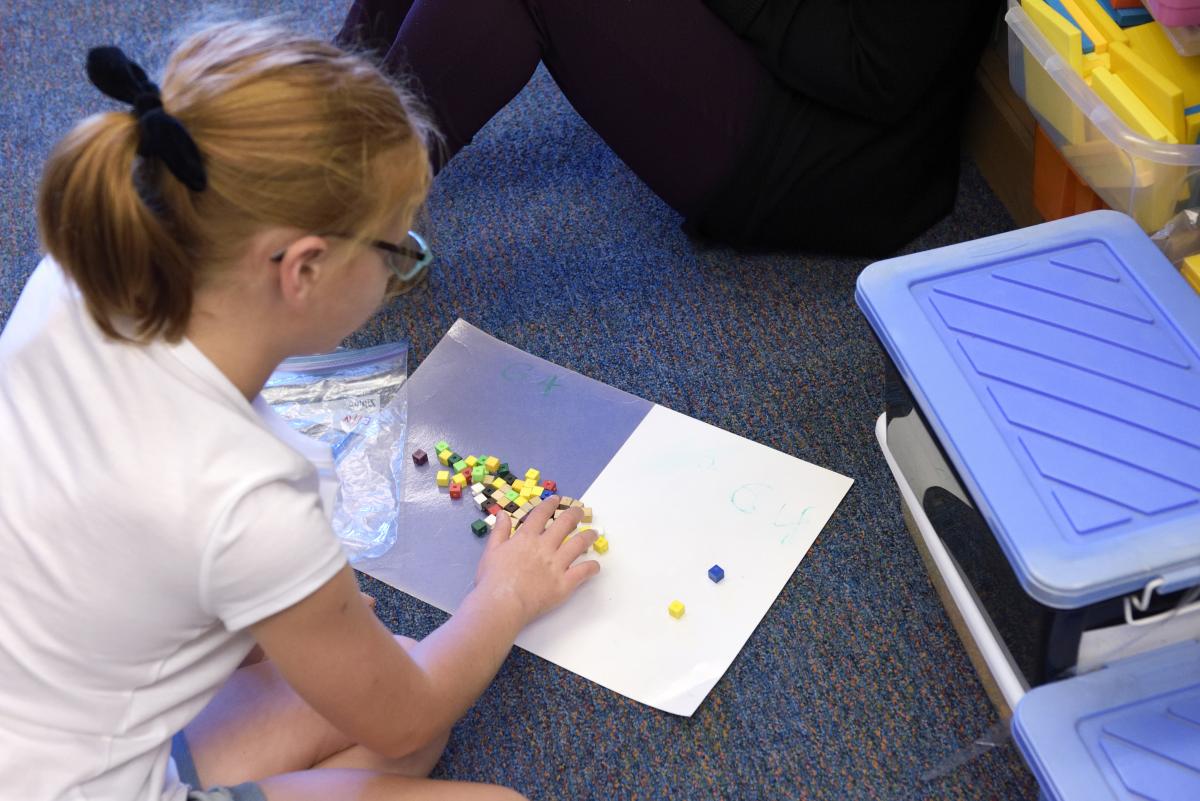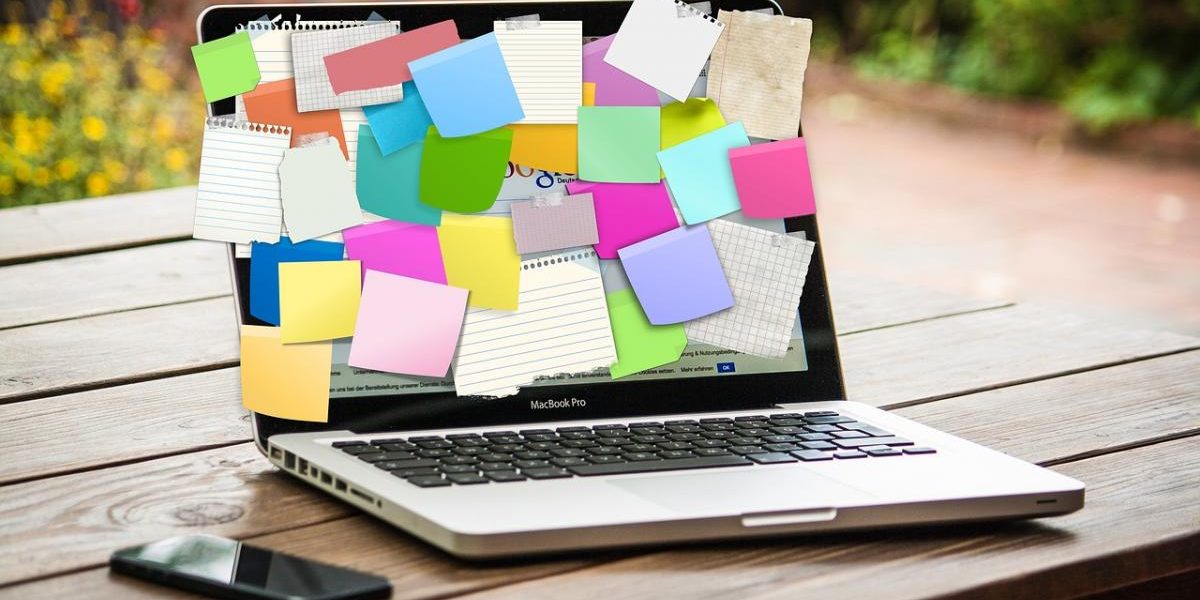
Strategies for Helping Children Who Struggle in Math
October 1, 2019
5 Tips for Making Math Marvelous
October 15, 2019
My daughter and son-in-law were over for dinner the other night when out of nowhere she grabbed her phone, apologized for the breach in the “no phones at the table” rule and started typing furiously. After a deep breath and a fling of the phone back on the counter, she resumed eating. “What was that?” I asked, curious but not surprised at the random shift in activity. “Oh, I had to get a couple of things out of my head and onto a list before I forgot them altogether.”
This behavior was and continues to be the result a beautiful ADHD brain making good use of strategies. Several years ago, I wrote a blog about the importance of modeling, coaching, and encouraging list making as a memory strategy. At the time I was just seeing the fruits of my labor with my own daughter. The skills and strategies we were working on together were becoming a part of her systems, routines, and external prosthetics for managing executive function deficits. Fast forward into adulthood; she is highly successful in the areas of life that matter most to her, and has honed tools that keep her organized, armed with the materials she needs to succeed, and on-time in 99 percent of her pursuits.
What follows is the blog, written six years ago, that detailed this journey and still resonates today in my work with students and adult clients seeking those systems and routines that will support goal acquisition and an easing of the burden that individuals with unchecked ADHD carry with them. Please leave a comment sharing your experience if this is of value to you or someone you love.
Encouraging List Making…Start Early and Reinforce
The other morning, I peeked into my daughter’s bathroom to flip off the light she inadvertently left on. I had to laugh as I gazed at the mirror littered with sticky notes. One was a “To Do” list, capturing three or four critical things she needed to accomplish for the day. I had to wonder if she perhaps forgot to take it with her when she left. A second note read, *BE impeccable with my word. *Don't Make Assumptions. *Don't take anything personally. *Always do your best. “Wow,” I thought, “A keeper.” The one directly under it read, DON’T FORGET GAS $$-MOM. Well, that I know she remembered to do....
As I walked downstairs, I was thinking about her notes, and how far she had come in using this strategy to help her focus and remember important things. I also know that technology tools, such as her smartphone and laptop with assorted applications, are invaluable resources for her as she navigates adulthood. Let’s focus on list making for a moment.
The beginning of the school year is a perfect time to hand off the “remembering” baton to your child. If you find yourself endlessly running P.E. clothes, lunches, or forgotten books up to school, or hear yourself repeating “did you remember...” and “don’t forget your...” it is time to get your child engaged in making those lists and checking them twice.
List making, checking, and executing are executive function skills that encourage planning, prioritizing, and remembering, not to mention self-reflection. All of these are considered essential skills for school success.

To get your child started, you can ask for help, making a list of the top five food items she wants at the grocery, or ask him to scribe a list for you. Are permission trip slips often left at home? Have him make a note, and put it on the door or backpack? If your child needs help thinking of things to put on her list, have a brainstorming session together! If he is too young to write words, have him draw or look for clip art that is appropriate. Model this strategy, and think out loud as you create your lists on paper or using an application on your phone. Doing this will show its importance, draw attention to your processes, and allow for modeled follow through as well.
If you want a little inspiration and some great ideas, read Raising an Organized Child: 5 Steps to Boost Independence, Ease Frustration, and Promote Confidence by Damon Korb, MD, FAAP. When your child “remembers,” or you catch them following through with getting things accomplished, make sure you give authentic praise that reinforces the desired behavior.
And don't forget about the November visit by Marilyn Zecher, MA, CALT. Marilyn will present a program for parents - Why Some Children Struggle in Math and What We Can Do About It. For more information about Zecher's program for parents >>
Blogger Barbara Hunter, MEd, shares her expertise in the use of technology to support learning. If you have questions, please contact Barbara at .



